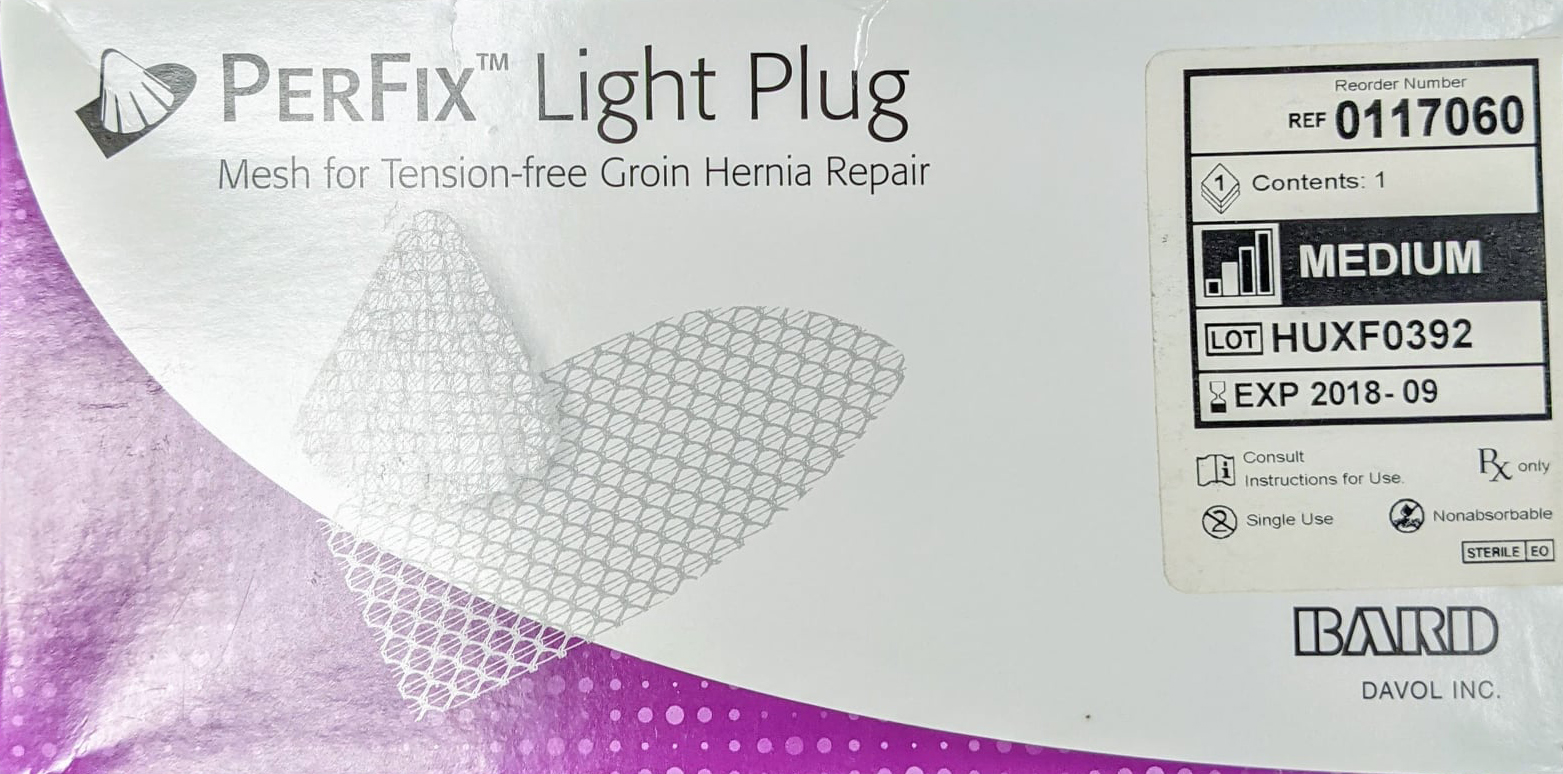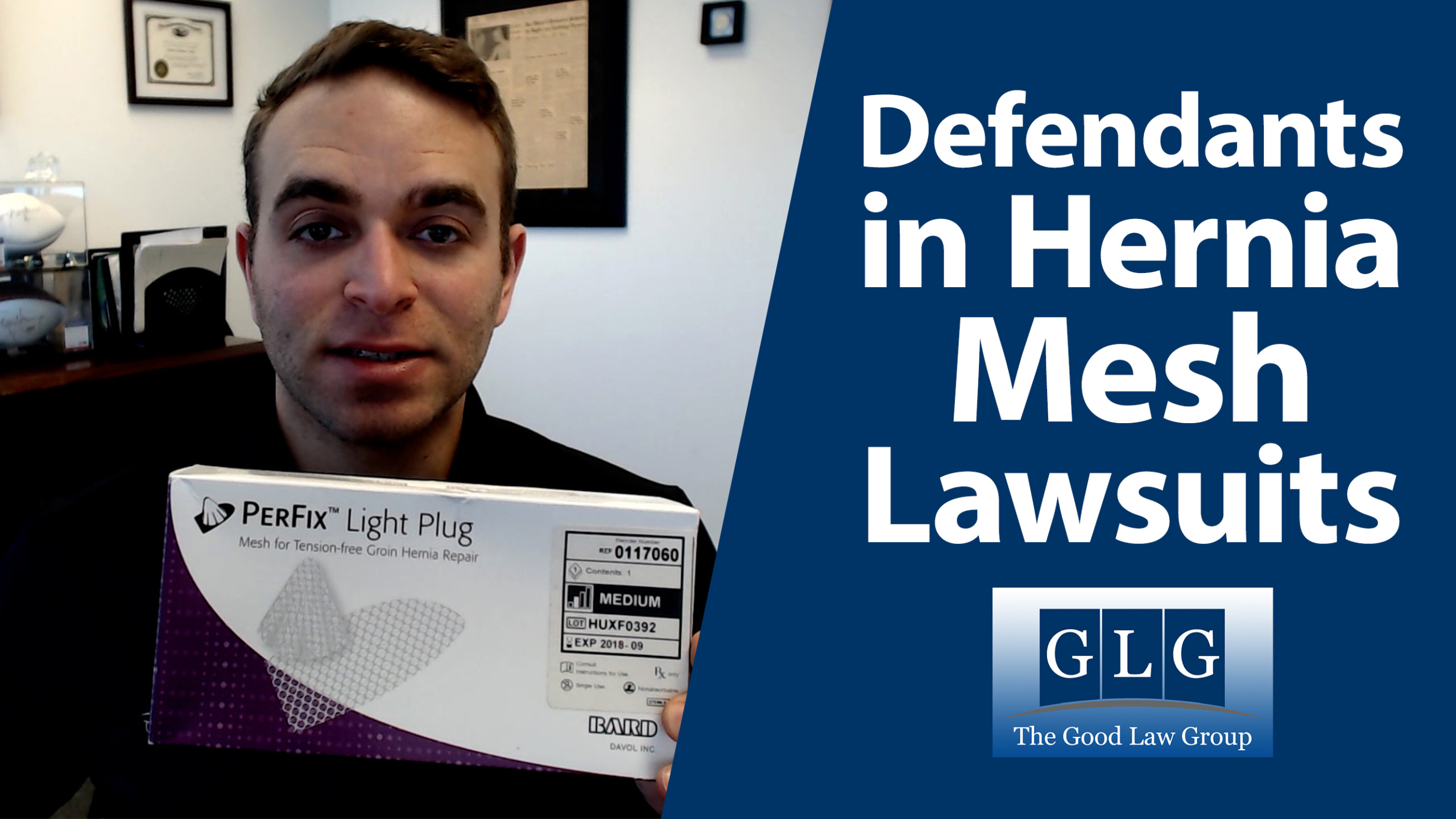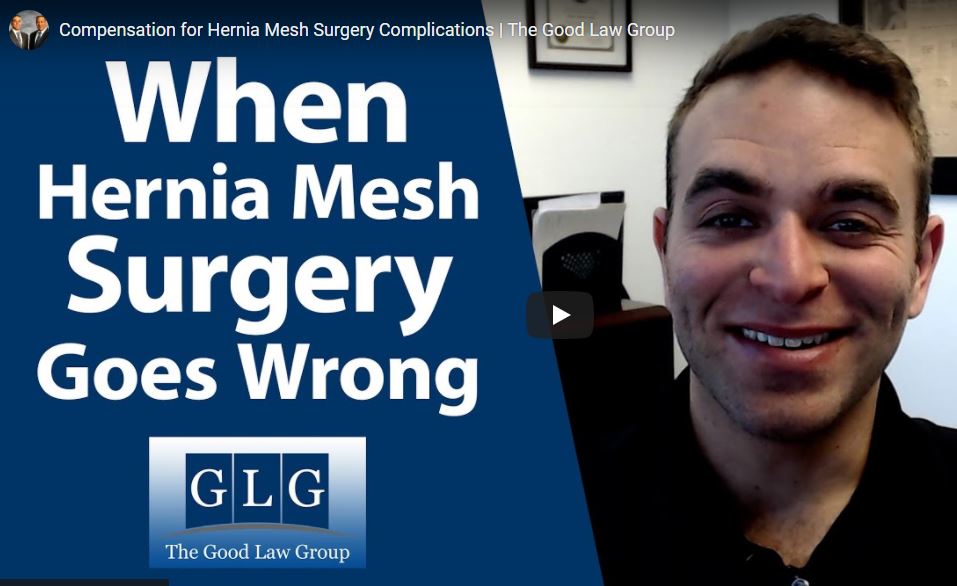Surgeons have utilized hernia mesh products for more than two decades to repair hernias. The mesh helps strengthen the repair site and decreases the chance of hernia recurrence. The use of hernia mesh products is extremely common, with up to 90% of the estimated one million hernia repair surgeries that happen each year utilizing some form of mesh.
Unfortunately, hernia mesh products have an estimated failure rate of 12% to 30%, which means that tens of thousands of patients suffer a hernia mesh injury each year. These injuries have led the FDA and manufacturers to recall defective and dangerous hernia mesh products. The injuries have also resulted in the filing of thousands of hernia mesh injury claims in state and federal courts – more than 8,000 as of 2020, with more expected.
If you or a loved one had hernia surgery that used any hernia mesh product, here’s what you should know about hernia mesh recalls and the potential long-term complications associated with hernia mesh products.
Hernia mesh recall list
Recalls are issued when a defective product has caused, or has the potential to cause, injury to those who use it. Products can be recalled in one of three ways:
- Voluntary recall by the hernia mesh manufacturer
- Requested recall by the FDA
- By order of the FDA
The FDA has recalled more than 211,000 hernia mesh units between February 2005 and February 2019. The recalls were issued either because patients suffered a hernia mesh injury, the mesh product had a high failure rate, or the packaging was inadequate and posed a risk of injury.
The majority of hernia mesh injury lawsuits have been filed against four manufacturers – Atrium, Bard, Covidien, and Ethicon – for more than a half-dozen products and are being met with success. In a 2010 lawsuit, a jury found that Bard’s hernia mesh product caused the plaintiff’s injuries and awarded a $1.5 million verdict. As a result of this lawsuit, Bard entered into a $184 million settlement agreement with more than 2,000 other plaintiffs. Many more settlements and verdicts in favor of plaintiffs are expected (many of the cases already filed have been temporarily paused, as courtrooms were forced to limit trials and restrict court access due to COVID-19).
For more information watch our short video:
The FDA website has a searchable database of recalled medical devices. Keep in mind that while the fact that the hernia mesh product used in your surgery was recalled is a good indicator that it caused your injury, it does not automatically mean you’re entitled to compensation. An experienced hernia mesh injury attorney can help evaluate your claim to determine whether you may be entitled to compensation.
Hernia mesh injury
Early hernia mesh products were made from animal products that, though safe and effective, tended to be reabsorbed by the body. This meant that for many patients, the hernia reoccurred and required subsequent surgeries to repair it. To decrease the chances of recurrence, manufacturers began using synthetic materials that were more permanent than animal products.
These new products, however, led to other problems. The synthetic materials were often rejected by the body, triggered an immune response that caused the body to attack the mesh, or became attached to surrounding organs or tissue. This led to patients experiencing chronic pain (lasting longer than six months) and other serious complications, as well as recurrence of the hernia. These complications required additional surgeries to correct not just the complication but to repair the hernia a second time.
The most common types of hernia mesh injury include:
- Adhesion: This happens when scar tissue that forms around the repair site causes the mesh to become attached to surrounding organs or tissue.
- Mesh migration: The hernia mesh loosens from the surgery site and begins to move around the abdominal cavity, causing pain or other issues.
- Abdominal infection or pain. Caused when the hernia mesh shrinks or becomes attached to surrounding organs and tissue.
- Bowel obstruction: Can occur if the mesh migrates and becomes attached to the bowels.
- Perforation of organs or tissue.
- Hernia recurrence: Degradation, migration, or shrinkage of the mesh can cause the hernia to return.
Pain and other complications are not uncommon after any surgery. Surgical pain typically resolves within a few weeks of surgery, and other complications, like infection, can be treated with antibiotics. But any pain that lasts longer than six months or that does not seem to be improving, or other complications that cannot be resolved with antibiotics, can be a sign of a hernia mesh injury.
Hernia mesh injury claims
Hernia mesh injury claims can be filed if you underwent hernia mesh surgery on or after June 2008, a hernia mesh product was used as part of the surgery, and you experienced complications as a result of the surgery.
Patients who suffered a hernia mesh injury may be entitled to compensation in the form of lost wages, pain and suffering, payment of past and future medical bills, or other losses related to the surgery. If the case goes to a jury trial, a patient may also be awarded punitive damages, which are designed to punish the hernia mesh manufacturer for placing an unsafe product on the market.
Whether or not you are entitled to compensation, and the amount you may receive, depends on the extent of your injuries and whether you can prove they were caused by a defective hernia mesh.
To learn about a manufacturer defect, manufacturer’s failure to warn, and medical malpractice, watch this short video.
The hernia mesh attorneys at The Good Law Group leverage more than 30 years combined experience to help plaintiffs injured due to a defective hernia mesh product receive financial compensation for the injuries. If you have suffered a hernia mesh injury, our attorneys can evaluate your claim to determine if you qualify for a hernia mesh lawsuit. We offer a free initial consultation and all cases are taken on a contingency fee basis, which means you don’t pay unless you win. Call us at 800-419-7606 to schedule an appointment to talk to one of our attorneys.









